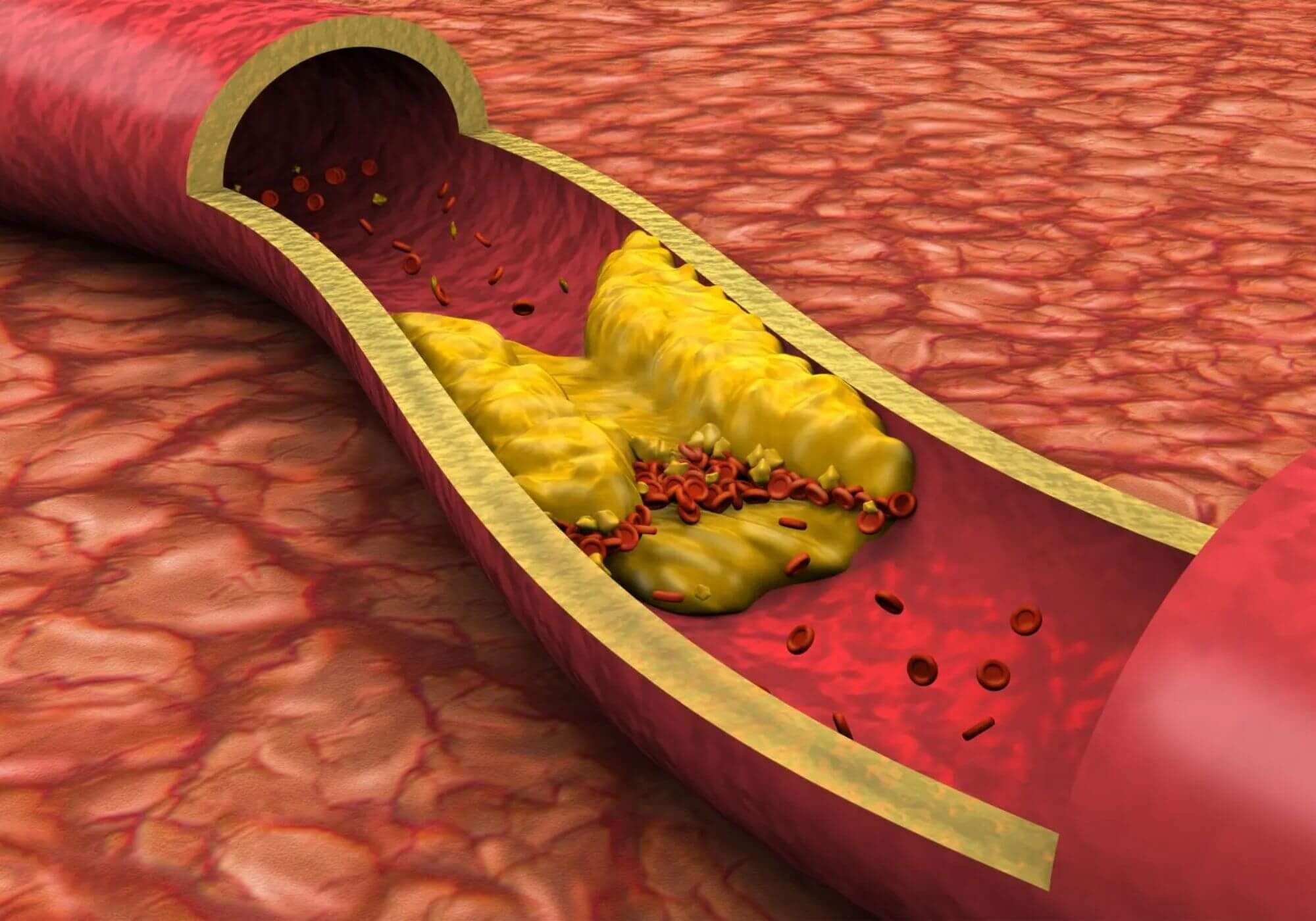Why Men Still Struggle to Talk About Mental Health?
Written By - Elira Stanswick
on November 22, 2025

Why Men Still Struggle to Talk About Mental Health — And How to Change That?
The Silent Crisis: Unpacking the Mental Health Gap in Men
Let’s be honest. We’re finally talking about mental health. You see the headlines, you hear the podcasts, you watch athletes and celebrities open up about their anxiety. It feels like real progress. But if you stop and look closely at the data—and maybe look at the men in your own life—you realize we’re still missing something crucial. There’s a gaping hole in the conversation.
Here is the brutal, heartbreaking reality: Men are still struggling to talk about their mental health, and the cost is astronomical. While our wives, sisters, and daughters are generally more comfortable discussing stress and seeking treatment, men are quietly dying. The statistics are impossible to ignore. Men complete suicide at a rate nearly four times higher than women. Suicide is the devastating, hidden epidemic for young men.
That gap doesn’t mean men are somehow immune to pain; it means they are experts at silence. The problem isn’t a lack of feeling; it’s a terrifying lack of permission, a lack of language, and a fear of being perceived as anything less than rock-solid. This isn’t just a clinical issue; it’s a profound cultural failure. This piece is about cracking that silence, looking directly at the roots of the struggle, and giving everyone—men included—the tools to build a better, more honest world.
The Traditional Masculinity –
It’s the invisible handbook passed down from fathers to sons, from coaches to players, from Hollywood action heroes to boys in the playground. It tells men who they must be, and perhaps more importantly, who they cannot be.
The Problem is the Identity
This script gives men three main, impossible rules to live by, and they clash disastrously with normal human emotion:
- The Stone Face: A “real man” is a stoic fortress. He absorbs the hits. He is resilient. He never cries—or if he does, it’s about a sports team or a movie, never his own soul. He handles his burdens internally, believing that any outward sign of distress is an open invitation for contempt.
- The Island of Self-Reliance: You pull yourself up by your bootstraps. You don’t ask for directions, you don’t ask for money, and you certainly don’t ask for emotional help. Dependence? That’s weakness. The thought of walking into a therapist’s office feels like admitting total defeat in the game of life.
- The Utility Trap: A man’s worth is tied up in what he does—his job, his paycheck, his ability to fix things, his physical strength. When mental health struggles start to erode his performance, it’s not just a health issue; it’s an identity crisis. If I can’t produce, who am I?
The phrase “man up” is an old saying which is loaded gun pointed at his emotions. It’s a command to suppress the very feelings that signal a need for support. When a guy is struggling with depression, he doesn’t think, I need help. He thinks, I am failing to be a man. The fear of being stripped of his male card—of being labeled weak, soft, or inadequate—is often more terrifying than the silent, agonizing pain he’s enduring.
Misdirection: When Pain Wears a Mask of Anger and Action
Since traditional emotional outlets are forbidden, men often develop complex, painful substitute behaviors to cope. They aren’t reaching out; they are acting out. This is why women tend to be diagnosed with depression and anxiety, while men are often diagnosed with addiction, impulse control disorders, or just seen as “difficult” or “irritable.”
The Angriest Guy in the Room
Think about the men you know. When they’re stressed, they don’t usually get tearful; they get angry. Anger is the most permissible male emotion. It’s active, it’s decisive, and it feels powerful. It’s the perfect camouflage for fear, sadness, and helplessness. When a man is crumbling inside, he might show up as the perpetually hostile coworker or the constantly irritable partner. We see the aggression and think he’s just a jerk, when he might actually be a deeply depressed person terrified of being seen as vulnerable. Anger becomes the shield that defends the true self.
The Escapism Cycle
Internalized pain also fuels reckless and escapist behaviour. This isn’t just about a bad habit; it’s about using external stimulants to manage internal noise.
- Substance Abuse: Using of the alcohol or the drugs silence the self-critical voice and is one of the easy ways to numb the brain. It is one of the self-medication that will lead tragically high rates of fatal overdoes in men and addition.
- Taking Risks: Reckless driving and picking fights with extreme sports and gambling is only about chasing the massive hit of adrenaline. It is the temporary antidote to the low-level emotional numbness which creates depression.
- Workaholism: The exhaustion distracts from the pain, and one buries the feelings in relentless productivity. The professional success temporarily validates the persons existence.
The pain is marked by destructive behaviour and it isolates him ahead. This intensifies the mental health issue and then requires more extreme masking.
The Structural Barrier of Mental Health Literacy
The struggle isn’t always about unwillingness; sometimes it’s simply a lack of the right tools. Many men suffer from profound mental health illiteracy. They genuinely don’t know what they’re feeling or what to do about it.
No Emotional Lexicon
How many boys were taught to identify the subtle differences between stress, mild anxiety, feeling blue, and clinical depression? Almost none. When they feel overwhelmed, they lack the specific, granular vocabulary to articulate their inner landscape. They just know they “feel off,” or “can’t shake it,” or “my nerves are shot.” If you don’t have the language to name your pain, how can you possibly communicate it to a doctor or a loved one?
The Inefficiency of Therapy
Men are often trained to be practical problem-solvers. Mental health, however, is not a problem you solve like a broken engine. It’s a messy, continuous process of self-reflection and emotional management.
For many men, therapy looks profoundly inefficient. You mean I have to spend an hour every week talking about feelings? Why can’t she just give me the three steps to fix my anxiety and send me on my way? They want a manual, a blueprint, a quick fix. When they realize it requires vulnerability, sustained effort, and emotional depth, it feels like an insurmountable, ill-defined task. The result? They quit early or never start at all.
The Friendship Paradox: Shoulder-to-Shoulder, Not Face-to-Face
Men’s friendships are a necessary lifeline, but they often operate under the same code of stoicism, creating a heartbreaking vulnerability gap.
Male bonds are often shoulder-to-shoulder—based on shared activities: watching the game, playing golf, hiking, fixing a car. They are powerful for camaraderie and practical support. They are generally not face-to-face—built on intimate, emotional disclosure.
The rule is simple: We joke, we compete, we help with tasks, but we do not talk about the heavy, scary feelings.
This creates a tragic irony: a man can have a massive, supportive network of friends who would drop everything to help him move a couch or bail him out of jail, but who lack the shared emotional language to ask him, “Are you thinking about hurting yourself?” or “How are you really coping with the divorce?” When a crisis hits, the infrastructure for deep emotional connection is non-existent, leaving the man feeling completely isolated, even surrounded by his mates.
Changing the Narrative: Taking Actionable Steps
Changing the established culture is more difficult but not impossible. It requires the consistent act of courage from individuals and the structural changes from institutions. We aren’t asking men to become emotionally fragile; we are asking them to become fully human.
A. For Men: Reclaiming Strength Through Honesty
This is about a powerful redefinition of what true strength looks like.
- Redefine Courage: The bravest thing you can do is not to fight alone; it is to trust another person with your weakness. Strength lies in recognizing a problem and having the humility and self-awareness to seek help. Your survival is your strength.
- The Small Talk Gateway: If a massive emotional disclosure feels impossible, start small. Use functional language: “I’m having a hard time sleeping,” or “My stress levels are through the roof.” These are some acceptable ways socially which begins the talking about the problem with no feelings that you’re exposing your soul.
- Using I STATEMENTS: Do not use “I need to get better” but use “I am finding hard to feel motivated during the work and I need to talk someone.” Focus on describing the internal experience and not just the desired outcome.
- Find Alternative Spaces: Traditional therapy may not be the entry point. Look for resources geared toward men: men’s groups that meet over a shared activity (hiking, working out), or trauma-informed male coaches. Find a setting that feels less like a clinic and more like a collaboration.
B. For Friends, Partners, and Family: Creating Safe Space
We have to retire the passive “Are you okay?” and get comfortable with awkward, honest questions.
- Ask Better Questions: Avoid the binary “yes/no” question. Ask things that require nuance:
- “What’s been the heaviest thing on your mind this week?””I’ve noticed you’ve been quieter/angrier lately. What’s going on inside the fortress?”
- “Let’s just vent about the absolute worst part of this month. What is it for you?”
- Validate, Don’t Fix: When a man finally opens up, resist the urge to jump in with advice or a solution. He doesn’t need a fixer right now; he needs a witness. Simply say, “Thank you for sharing that. That sounds incredibly rough, and I’m here for you.” That validation says, You are safe, and your feelings are real.
- Model the Mess: Share your own struggles appropriately. Men need to see other people—especially other men—navigating anxiety, burnout, or grief openly. When you say, “I had a terrible therapy session yesterday, but I’m glad I went,” you give them silent permission to start their own journey.
C. Structural Changes – For Institutions and Society
This describes about the environmental change so that the help asked will be default and not exception.
- Normalize Help in High-Tension Environments: Mental health resources must be visible and promoted in factories, construction sites, union halls, and locker rooms. Get respected male figures—a coach, a foreman, a union leader—to champion the cause. The message is powerful when it comes from “one of their own.”
- Targeted Language – The HR departments and insurance companies need the marketing for using EAP’S using the language that they speak to make symptomology. For example- “HELP IS HERE “, TROUBLE FOCUSING, IRRITABLE and not using the generic clinical terms.
- Storytelling and Reform Media – We also need more TV shows and movies that not only shows the male hero is revealed by the punches but also showing the emotional intelligence and ability to negotiate the stress with some willingness to seek counselling.
Conclusion: The Quiet Revolution
The expectation for men to suffer in silence is not a virtue; it is a deadly cultural failing. It’s a heavy mantle of stoicism that has brought nothing but pain, isolation, and tragically high mortality rates.
The true work of change is often quiet, happening one difficult conversation at a time. It’s the husband who pauses before saying “I’m fine,” the friend who chooses to text “I’m thinking about you,” and the father who tells his son, “It’s okay to feel whatever you feel.”
By dismantling the toxic myth of the unflappable man and replacing it with the compassionate and truthful inquiry, “Tell me how you’re really feeling,” we offer men their freedom. We are not asking them to sacrifice their identity; we are simply asking them to embrace their whole selves. Their strength isn’t measured by the silence they keep, but by the courage they have to connect, share their burden, and finally, live honestly.
More Blogs













